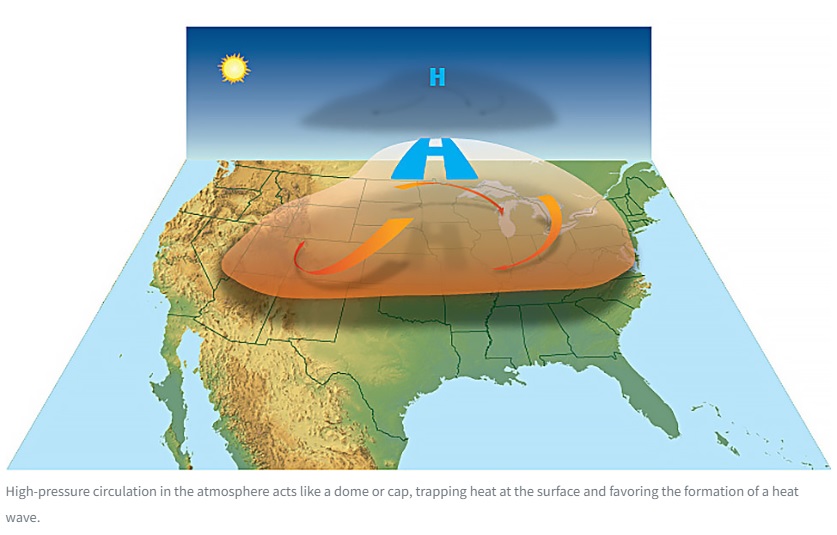
OLYMPIA, WA – With a bipartisan 64-31 vote, the Washington State House passed a bill to ensure a utility operator cannot shut off power or water when the National Weather Service issues a heat-related warning or alert. The bill now heads to the Senate for consideration.
The heat dome of 2021 claimed the lives of 157 people in Washington State, including one in Asotin County.
Attorney General Bob Ferguson partnered the shutoff moratorium bill with Representative Sharlett Mena (D-Tacoma) to propose House Bill 1329. Senator Joe Nguyen (D-White Center) sponsored the companion bill in the Senate.
“I’m proud to partner with Rep. Mena on her first bill to pass the House,” Ferguson says. “Access to running water and electricity can be a matter of life and death during extreme heat. This common-sense reform will improve public safety and protect some of our most vulnerable residents.”
“In extreme heat events, access to power and water can be a matter of life and death. Washington law already prevents utility companies from terminating services during cold winter months. This bill would expand the protection to dangerous extreme heat events,” Mena says. “Extreme weather events disproportionately impact seniors, people who work outside, and those with disabilities. Power and water are essential, whether you can afford them or not.”
The bill places a moratorium on utility shutoffs for inability to pay during a Weather Service heat-related warning or alert. The legislation protects all Washingtonians’ access to electric fans, working refrigerators, and running water during extreme heat, as well as air conditioning for residents with access.
Washington has experienced back-to-back record-breaking heat waves. The 2021 heat wave was the deadliest weather-related event in state history, claiming 157 lives, according to the state Department of Health. The 2021 heat wave disproportionately harmed Black, Indigenous, and Pacific Islander communities according to the Department of Health’s heat-related death data.
Nineteen other states have similar protections in place.

